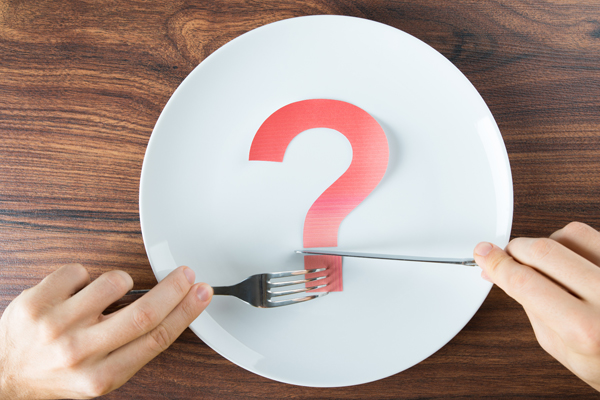- Fragile Planet Offers a Nighttime Wildlife Experience
- Falcons Soccer Off & Running
- Cameron County Receives Funds to Improve Two Parks
- Falcons Complete First Half of 32-6A
- School District to Help out Victims of California Wildfires
- Sand Castle Days Continued Despite Unexpected Weather
- Ready for District
- Discussion of Garbage Dumpster Rates, Agreements Between State & City on Highway Regulations, and More
- 31st Annual Shrimp Cook-Off is Right Around the Corner
- LFHS Cross Country
Small Changes in What You Eat Can Make a Big Difference
- Updated: November 3, 2017
(StatePoint) Not everyone is inclined to think about the global impact of their food choices, particularly when they are not in their own kitchens. But experts say that average consumers can learn more about what’s on their plate and how it got there no matter who’s doing the cooking, and use this knowledge to make responsible choices.
When it comes to seafood, a recently released report may provide some useful insights. The second edition of the “Sea of Distress” report by Greenpeace found that some foodservice industry players — especially Sodexo, Aramark, and Compass Group — have taken important steps toward protecting the oceans and workers, reducing their plastic footprint, ensuring transparency, and advocating for better practices at sea.
While the majority of the fifteen companies assessed in the report failed the benchmarks set by Greenpeace, the report indicates that some of those companies are starting to work toward sustainable seafood, transparency, and advocacy for oceans and seafood industry workers.
“It is a good sign that some key foodservice companies are moving in the right direction on sustainability for our oceans and the ethical treatment of workers,” says Greenpeace oceans campaigner, David Pinsky. “Unfortunately, there are still large companies holding back progress.”
The U.S. foodservice industry represents approximately half of food-dollar spending outside of the home every day. With annual sales exceeding $700 billion, this growing industry has a tremendous impact on the environment and workers worldwide.
Greenpeace’s foodservice ranking comes on the heels of major commitments from global tuna giant Thai Union to provide more sustainable and ethical seafood. Greenpeace says that other foodservice companies can follow Thai Union’s lead, using their market and political influence to transform the industry for the better.
Greenpeace says that individuals can make a positive difference in the following ways.
• Know the facts. Check out the “Sea of Distress” report to see which are the best and worst ranked companies. To read the report and see the ranking, visit, greenpeace.org/usa/research/sea-of-distress.
• Get involved. Join the #BreakFreeFromPlastic movement. Ask that foodservice companies immediately reduce their plastic consumption.
• Inquire. Ask your local foodservice providers how they are working to stop forced labor, labor abuse, destructive fishing and protect workers’ rights.
• Eat less seafood. Reducing seafood consumption now can help lessen the pressure on oceans, ensuring fish and healthy ecosystems for the future.
• Vote with your dollar. Use the Seafood Watch app to buy only green-rated “Best Choice” seafood.
On a global scale it can sometimes feel like our small choices don’t make a big impact. But experts say that all consumers can make a difference with their words and their wallets.

